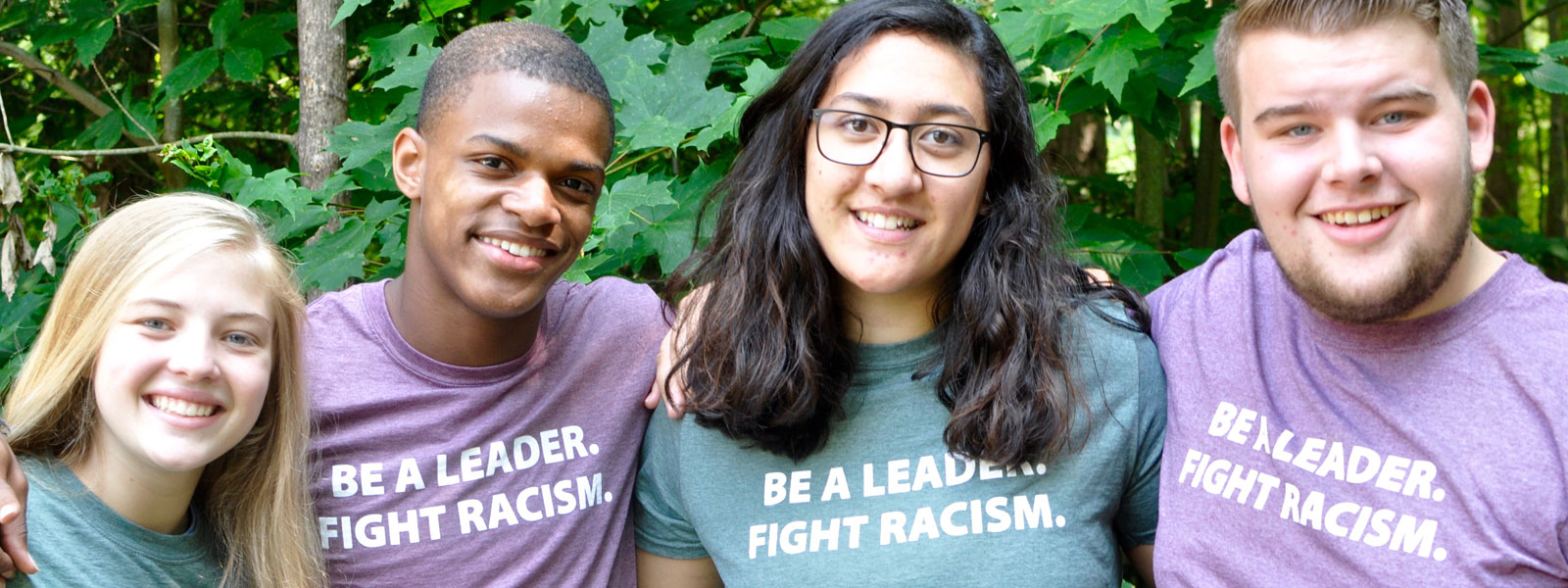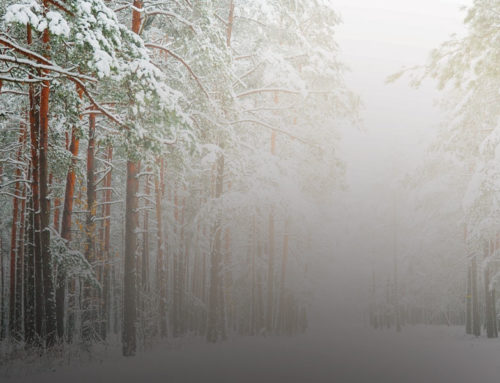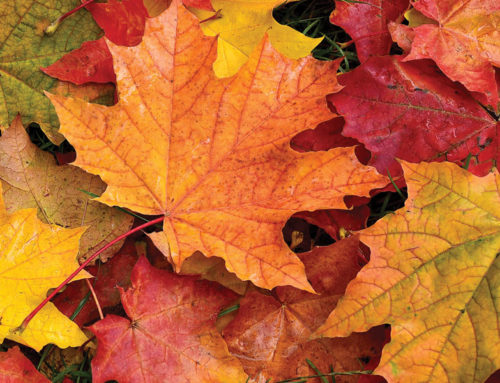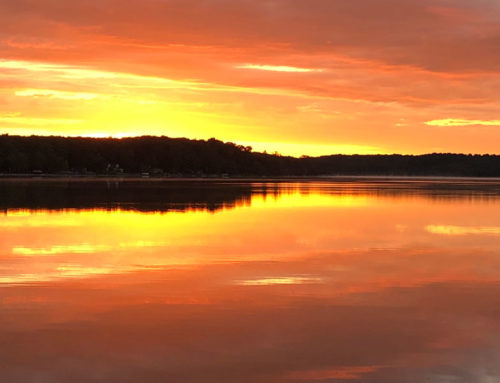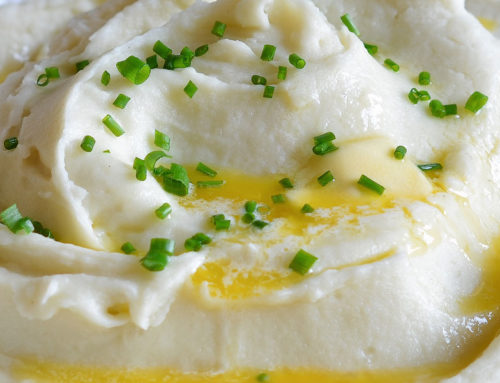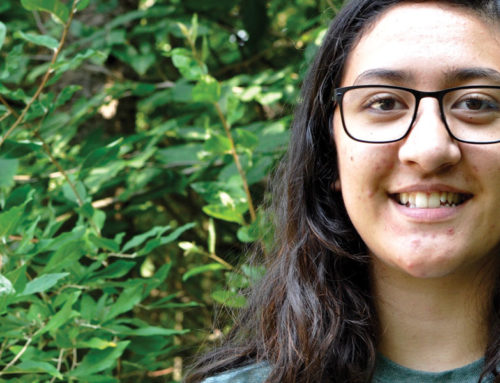This pandemic has been catastrophic for a lot of people. Nearly 1,750,000 people in the USA have been infected, over 100,000 people in the USA have lost their lives, millions in our country are without work, businesses (small and large) are buckling, individuals and families are struggling, uncertainty about the future abounds, and for many the weight of all this is crushing. Every day a great many people are trying to cope with the way life has changed or ended.
In the midst of this reality, I find myself mostly unaffected by what’s been going on. Living in a rural community, physical distancing hasn’t been that big of a change to everyday life here. Big box grocery stores like Meijer are at least 30 minutes from home, so a full freezer is a normal way of living for my family. Between some intentional grocery shopping at the onset of this pandemic, the drive-thru at the local dairy, the spring yield of our garden, and taking advantage of Gordon Food Service delivery options, my family has not been to a grocery store in 11 weeks. Truth be told, the only store I’ve been inside of in that time period was the local outdoor nursery to buy some vegetable plants for the garden. Frankly, I found it surprisingly difficult to remember that the aisles in the green house were one-way, or to stand distanced from people at the checkout. It felt like an inconvenience because I simply haven’t had to deal with the realities of how this is playing out for so many others. To be honest, many nights I grill out behind my house while looking at the beauty of Stony Lake and think to myself, “this pandemic life ain’t too bad,” completely sheltered from other people’s hardships. Most certainly, I find myself dripping with pandemic privilege.
As a white, male, straight, middle-aged, middle class, able-bodied, Christian, US citizen this pandemic privilege is just another way that makes it extremely difficult for me to truly know the breadth and width of what’s happening in the world around me. Don’t get me wrong, I am very aware of what is happening in the world around me, but my knowing hasn’t had to move from my mind to my bones because I haven’t really had to FEEL what is happening. The times in which I can catch a sliver of a glimpse of what things feel like for others, I am straddled with a sense of guilt that quickly fades as I retreat back into my protected life.
Whether it’s about this pandemic, or about the recent loss of life we’ve witnessed in the murders of George Floyd, Breonna Taylor, and Ahmaud Arbery, the work of cutting through the privilege many of us hold to feel what is happening around us is critically important. We need to see ourselves and our loved ones in the eyes of those suffering, mourning and resisting and make their pain, their grief, and their fight our own. Just as many of us now wear a mask in the hopes that we can protect our vulnerable loved ones, we need to also take measures to protect vulnerable populations that find themselves with the boot of oppression literally on their necks.
When Jesus was asked which commandment in the law was the greatest he answered, “You shall love the Lord your God with all your heart, and with all your soul, and with all your mind.’ This is the greatest and first commandment. And a second is like it: ‘You shall love your neighbor as yourself.’ On these two commandments hang all the law and the prophets.” (Matthew 22:36-40) In these words, spoken from the very mouth of Jesus, Christ makes it clear that loving God is like loving our neighbor. The two go hand in hand. For Christians, this is the roadmap for living a life in response to Christ’s gift on the cross.
We are all siblings in this journey of humanity. Each and every person lost to this virus was related to me. Every casualty of the machinations of white supremacy are my kin. George Floyd was my brother. Breonna Taylor was my niece. Ahmaud Arbery was my cousin. If I allow myself to feel what is happening, the stories of all of these people become my own. It can feel as though the weight of taking in all of these stories might crush me, but then I remember that because we are all siblings none of us have to be alone. I remember that because we are neighbors, the love we share is like the love we share with God. I remember that while from time to time our hearts may break, God’s love does not.
The work of Living Water Ministries attempts to create the kind of space where we can find each other in all the madness of the world, share our stories, make them our own, walk alongside one another, dismantle stereotypes, and recognize that by belonging to God we belong to each other. We do this work because it seems to us to be the only response to the gracious gift of freedom we’ve received in Christ’s death and resurrection. This gift of freedom in Christ has not only freed us from our sin, but it’s also freed us to boldly love one another. It’s with this sense of freedom that we implement all of our programs, especially our Bridge Builders program that focuses on leadership development and anti-racism training for high school youth, and our partner program known as Multicultural Youth Leadership Academy (MYLA) that focuses on youth ages 13-17 coming together from a variety of backgrounds to share their lives and their culture alongside one another.
We’ve been given the gift of time in this pandemic to reflect. It’s my prayer that every one of us take the opportunity to reflect on Christ’s call to love our neighbor and find places in their lives where that love for neighbor can become real. People are starving. People are homeless. People are mourning. People are hurting. People are oppressed. Sometimes, we’re those people. Let’s get busy building a world where we make these problems our own instead of being inconvenienced that they exist. Let’s move beyond the comfort of our privilege into the discomforting, vulnerable realm of love.
Peace be with you,
C.J. Clark
Executive Director
Living Water Ministries
